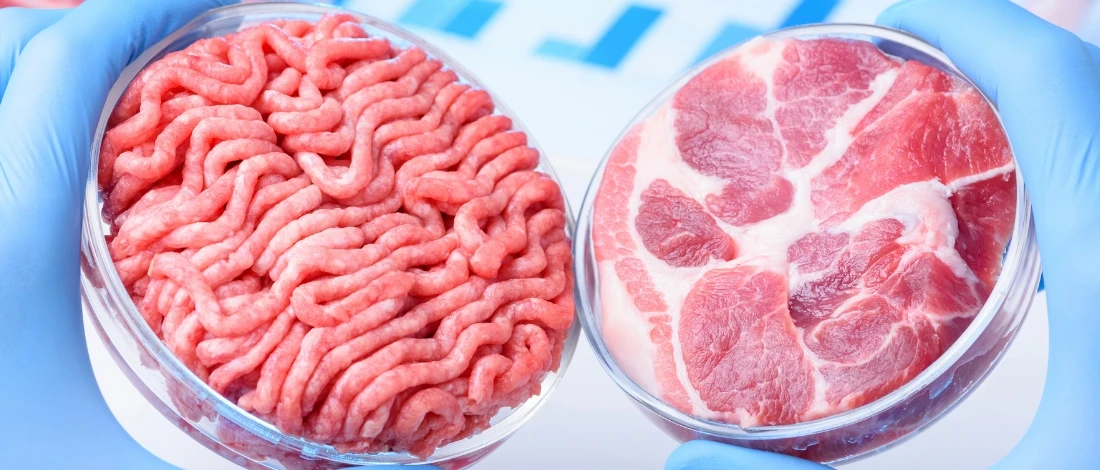Scientists Uncover the Secret to Perfect Plant-Based Meat Texture
In a groundbreaking study published in NPJ Science of Food, researchers from Stanford University have unveiled the mechanical and sensory properties that make plant-based meat products mimic their animal-based counterparts.
The study reveals that plant-based sausages and hotdogs closely replicate the texture of traditional meat, thanks to advanced testing and modeling techniques.
A Scientific Approach to Taste
The research team used three-dimensional mechanical testing—tension, compression, and shear—to analyze the structural properties of five plant-based and three animal-based meats.
The findings showed that plant-based sausage and hotdog products nearly match the mechanical stiffness of animal meats, with only minor differences. Meanwhile, products like tofu were found to be much softer and less mechanically similar to animal meat.
To connect science with taste, the team also conducted a food texture survey with participants ranking products on sensory features like chewiness, hardness, and softness.
The sensory data mirrored the mechanical findings, confirming that a product’s texture is key to consumer perception.
Toward a More Sustainable Food Future
The study emphasizes that plant-based meats not only close the gap in taste and texture but are also environmentally superior.
Producing plant-based foods results in significantly fewer greenhouse gas emissions compared to animal meat. For example, tofu has only 3% of the environmental impact of beef.
As plant-based alternatives grow in popularity, they offer a solution to the environmental and health concerns associated with traditional meat consumption.
The Role of Technology
Researchers leveraged artificial intelligence to model the mechanical behavior of meat products. This innovation could pave the way for AI-designed plant-based meats tailored to meet specific consumer preferences.
“The ability to replicate texture and taste will encourage more consumers to adopt plant-based diets, contributing to a healthier planet,” said lead author Skyler R. St. Pierre.
As the demand for sustainable food solutions rises, studies like this one highlight the potential of plant-based meats to transform diets and food systems worldwide.
Learn how plant-based meats mimic traditional textures and what it means for sustainability. Visit our homepage for insights and updates.






